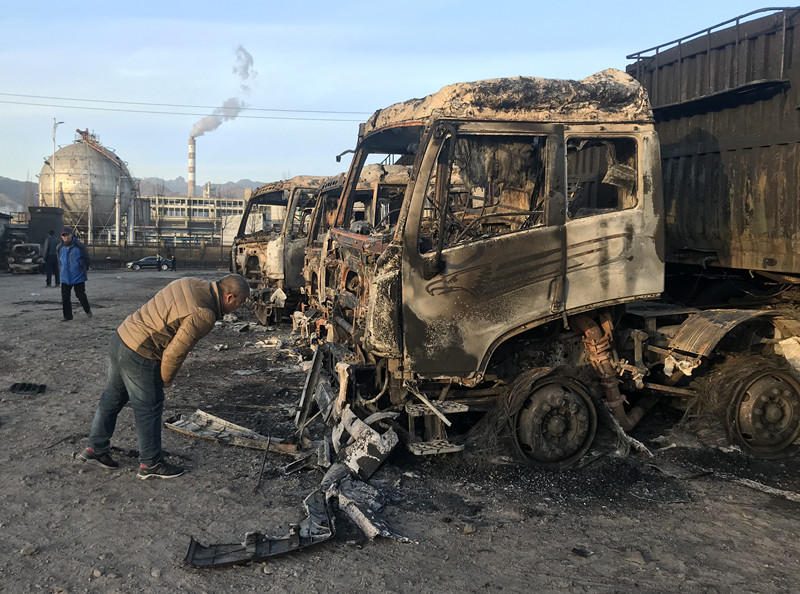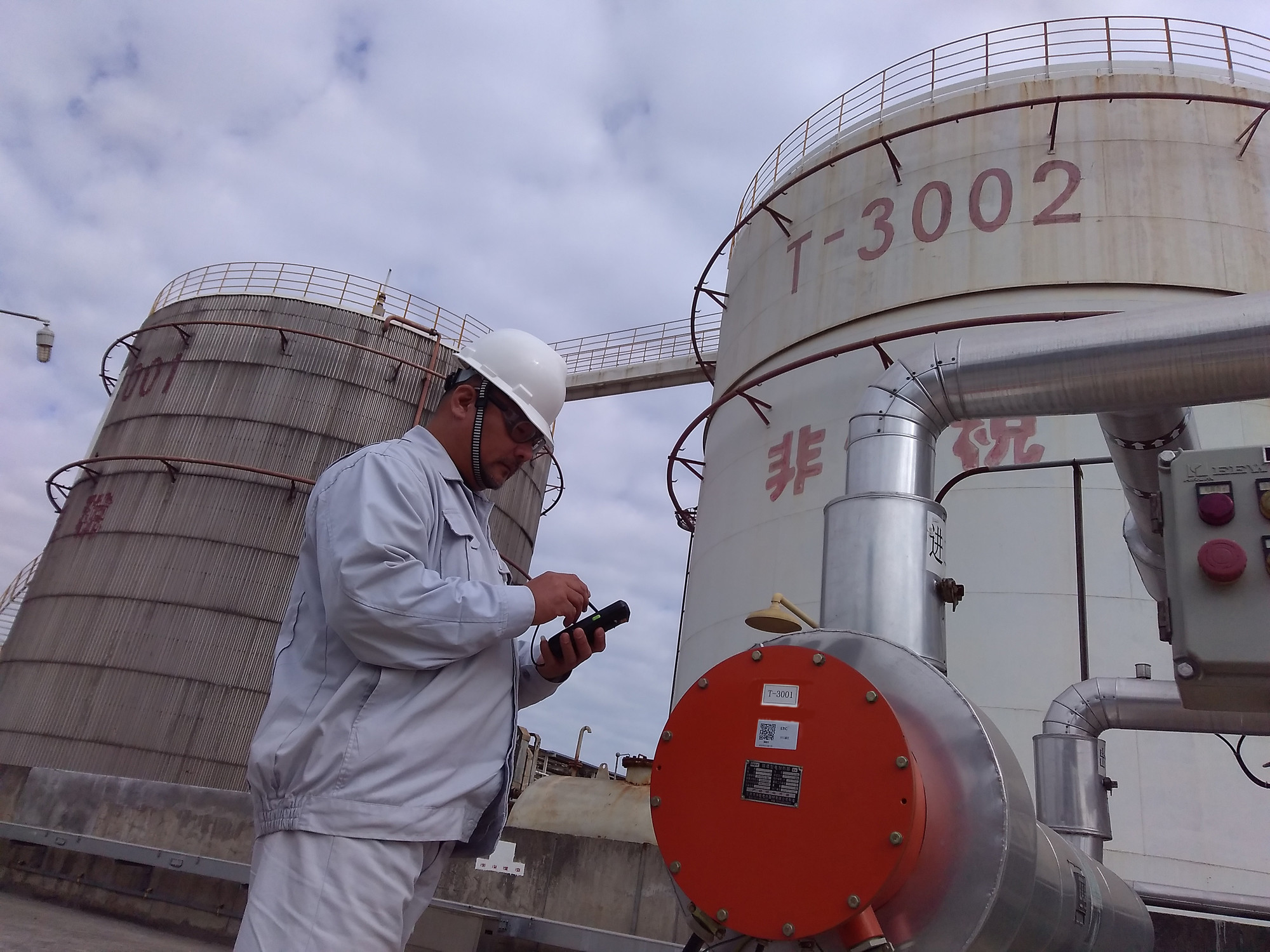Another industrial disaster, another wake-up call for maintenance
An explosion ripped through Chenjiagang Chemical Park in Yancheng, Jiangsu province on March 21, which killed 78 people and seriously injured 79. A few months before, at 0:41 on November 28, 2018, an explosion occurred near Shenghua Chemical in Zhangjiakou City, Hebei Province: 23 were killed and another 22 injured. Preliminary investigations showed that the blast was caused by a leak of highly flammable vinyl chloride gas. The fire subsequently engulfed 38 trucks and 12 cars on the adjacent road.

Photo Wang Jing / China Daily
On December 9, 2018, according to a China Central Television, a safety expert from the Ministry of Emergency Management declared that this disaster was the result of “sloppy management, poor maintenance and the mishandling of the emergency”. He added that “Such tanks should be inspected every 1-2 years and undergo major maintenance every 5-6 years. However, the company had done no inspection or maintenance at all on the storage tanks since 2012.” The company was said to have a past record of deadly accidents in 2013 and 2014. In 2015, the local work safety bureau also identified 71 safety problems…
In this tragedy, as in countless others in the past, poor maintenance was shown to be the root cause. Yet, in spite of overwhelming evidence, many companies still do not see the link between safety (and more generally regulatory compliance) and maintenance. Regular audits, now consistently implemented throughout China, are insufficient to ensure safety. Superficial safety management, in the form of safety training, signage, personal protection equipment, emergency procedures, etc. is important but cannot address the technical root causes. All the talk about a “safety culture” is meaningless without a systematic approach to technical management.
Many companies are genuinely trying to improve their technical management, but have no record of inspections… Or when they have records, they do not prove that the work was done: for example how does a paper form prove that the technician has even been onsite? Without systematic feedback from inspections, how to follow-up corrective actions and improvement?
This is true for State Owned Enterprises and Multinationals alike. MNCs may have had a head start, inheriting a safety culture from their mother company, but may also struggle to implement it in China. SOEs on the other hand benefit from strong Chinese government directives and may be able to invest more, and more quickly, in innovative solutions. Our 2017 Maintenance in China survey has already shown that many local firms make Risk Prevention a top priority. Siveco’s accelerated business development with local utilities in the past few years exemplifies this trend. Yet there is so much to be done!
In this issue of our newsletter, we reproduce an article “Achieving better risk prevention in Chinese terminals” published in the international Tank Storage magazine, co-authored by Gavin Yuan, general manager of LBC Shanghai Shipping Terminal and Bruno Lhopiteau, managing director of Siveco. In light of the recent Zhangjiakou accident, the authors’ insight will resonate with our readers:
The article explains how cutthroat competition and shortage of skilled technicians lead to more wrongdoings. LBC Shanghai Shipping Terminal decided to tackle the problem by setting up a risk prevention management system in line with the ISO 55000 Asset Management standard (known as GB/T 33172 in China) and relying on the bluebee® mobile app to enforce best practices in the field.

A case study was also published in our newsletter at the end of 2017 “Storage terminal takes risk & asset management to world-class level with bluebee® cloud“. The terminal was shortlisted for Outstanding Terminal Safety Technology Award in 2018. Think about it: how often is a Chinese company showcased internationally for good safety practice?
This is the opportunity that presents itself to us in China. Not only to put an end to disastrous technical management practices and unacceptable loss of lives, but in fact to become a world leader in the field of safety.
For more information about Siveco and our solutions, please contact our team at info@sivecochina.com.




